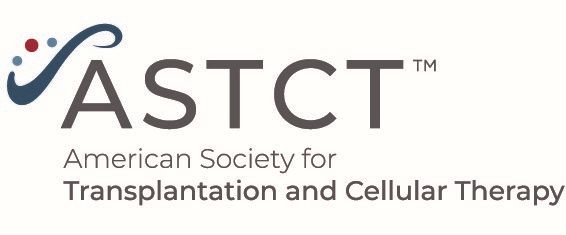
Anti-CD19 Chimeric Antigen Receptor T-Cell Therapy for Richter Transformation: An International, Multicenter, Retrospective Study

ASTCT discusses Richter transformation and treatment options available for this population.
An international multicenter retrospective study has evaluated the safety and efficacy of anti-CD19 CAR-T cell treatment for patients with Richter transformation (RT), a condition known for a poor prognosis with current therapies. Writing in the Journal of Clinical Oncology, the authors suggest that the early use of anti-CD19 CAR T in RT might improve outcomes.
RT is a condition where chronic lymphocytic leukemia (CLL) progresses into a more aggressive form of lymphoma, typically diffuse large B-cell lymphoma (DLBCL). Anti-CD19 CAR-T cells serve a critical role in the therapy of LBCL. This study included 69 patients who had undergone multiple prior treatments for chronic lymphocytic leukemia (CLL) and/or RT. Patients received various CAR-T products, with the majority treated with Yescarta (axicabtagene ciloleucel).
Treatment-related toxicities included grade ≥3 cytokine release syndrome in 16% of patients and immune effector cell-associated neurotoxicity syndrome in 37%. Despite these challenges, the treatment demonstrated a 63% overall response rate (ORR), with 46% of patients achieving a complete response. After 24 months of follow-up, the median progression-free survival (PFS) was 4.7 months, with a two-year PFS rate of 29%. The median overall survival (OS) was 8.5 months, and the two-year OS rate was 38%. Notably, patients who achieved a complete response had a median duration of response of 27.6 months. The findings indicate that CAR-T therapy can be an effective treatment option for RT, suggesting potential for this approach in managing a historically difficult-to-treat condition.
Reference:
Kittai AS, Bond D, Huang Y, et al. Anti-CD19 Chimeric Antigen Receptor T-Cell Therapy for Richter Transformation: An International, Multicenter, Retrospective Study. J Clin Oncol. Published online March 29, 2024.
https://doi.org/10.1200/JCO.24.00033
Newsletter
Stay up to date on recent advances in the multidisciplinary approach to cancer.







































